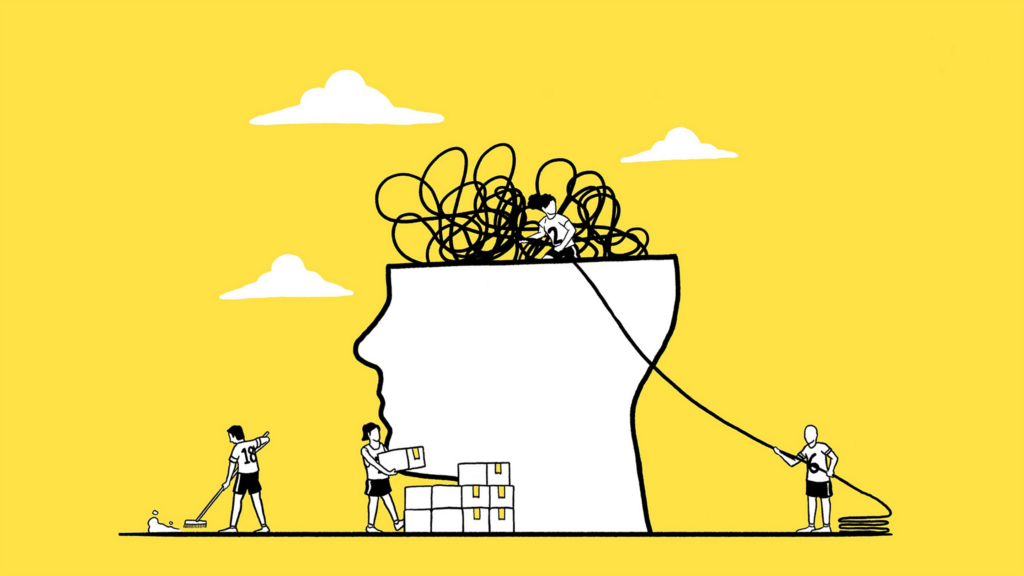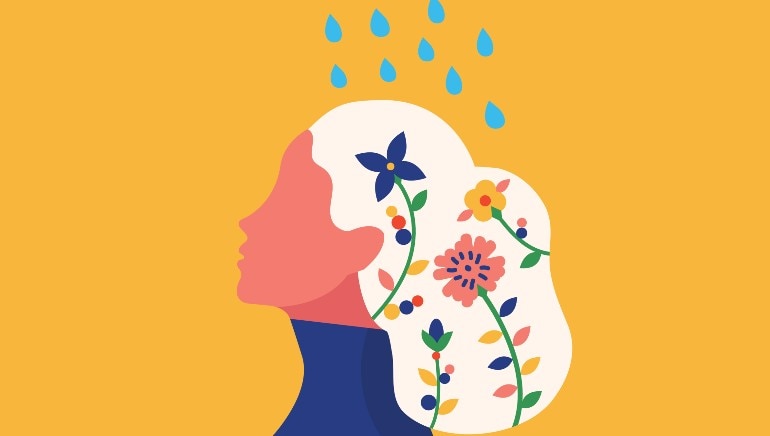Similar to body shaming, food shaming, and the like, mental health shaming is a practice in which a person with mental health issues is blamed or disgraced for their behaviour.
According to the data released by World Health Organization, around 792 million, or 20 percent of the global population suffers from different mental health disorders, wherein 9.3 percent of males and 11.9 percent of females are affected.
Organisations across the world have been actively promoting awareness about depression, bipolar disorder, anxiety, and schizophrenia since 1949. However, people with mental illnesses are sometimes marginalised and discriminated against in various ways as a result of the prejudice that surrounds mental health.
The cause of stigma is one of the major concerns of mental health discrimination. Stigma can be divided into public and self-stigma. Public stigma occurs when the general public supports a prejudice about a stigmatised group. Self-stigma occurs when a member of a stigmatised group internalises the negative views held by the general public.
In India, a community-based, cross-sectional study was conducted among 445 respondents from the Udupi district. Of the total 445 respondents, the prevalence of stigma toward mentally ill people was 74.61 percent. The prevalence of stigma was high under all four domains of the CAMI (the community attitude towards the mentally ill) scale.
Also read: How Gender Affects Sports And Mental Health: Vulnerability And Social Structures

Pop culture and mental health
Movies and shows are often the most influential sources of public impact, good or bad. Shutter Island (2010), and The Visit (2015) are among the most celebrated films in terms of cinematic excellence. But films like these project mental health as a problematic thing.
Both men and women experience shame, although it has been postulated throughout the literature that women experience shame differently due to cultural, societal, and relational norms that are expected of women. Women may have more intense feelings of shame from the negative evaluations of themselves
People suffering from mental health issues are portrayed as sinful characters and psychogenic in nature. Recent research provides evidence that watching the movie Joker (2019) is associated with an increase in prejudice toward people with mental illness.
As a result of preconceptions, people casually tend to refer to or judge the person who is suffering from mental health barriers. Categorising the individual as schizophrenic or bipolar instead of addressing them as an individual with mental trouble desensitises persons with mental health illnesses. Nearly 90 percent of the people with mental health illnesses report that bias and disgrace have an adverse upshot on their lives.
Gender, sexuality, and mental health shaming
Both men and women experience shame, although it has been postulated throughout the literature that women experience shame differently due to cultural, societal, and relational norms that are expected of women. Women may have more intense feelings of shame from the negative evaluations of themselves.
Men tend to feel guilt more often than shame due to the dimensions of perfectionism that are prescribed to men. Women describe shame deriving from the socially prescribed perfectionistic standards placed upon them that create a negative self-evaluation.
In comparison to other developed countries, India at 21 percent, has one of the lowest female participation rates in the labour force. It languishes at the bottom. On the one hand, engagement with the outside world helps to reduce mental health illnesses, but in many parts of the world, women are stigmatised both at home and at work.
Also read: How The Amber-Depp Trial Stigmatises People With Mental Health Conditions

For far too long, mental illness has been regarded as something to be obscured, and the mentally ill as people to be feared, concealed, or even locked away. Today, this has changed a lot, but this idea is still generalised and our society keeps misreading mental health issues
Today youth belonging to queer identities come out at younger ages, and public support for LGBTQIA+ issues has increased. But why do they continue to be at high risk for mental health problems, despite growing social support?
Studies report that at the social or cultural level, the lack of support in the fabric of the many institutions that guide the lives of LGBTQIA+ youth (e.g., their schools, families, faith communities) limits their rights and protections and leaves them more vulnerable to experiences that may compromise their mental health.
Apart from the general perceptions, the concept of social stress has a strong impact on the lives of people belonging to stigmatised social categories. Therefore, as Glenn Close says, a more unashamed conversation should have been made with the individual who faces mental health challenges.

For far too long, mental illness has been regarded as something to be obscured, and the mentally ill as people to be feared, concealed, or even locked away. Today, this has changed a lot, but this idea is still generalised and our society keeps misreading mental health issues.
We must recognise that understanding each individual is critical in reducing mental health stigma and ensuring that we do not reinforce problematic generalisations and create further barriers.
Akshaya G Pillai is currently pursuing B.A English honours at Zakir Husain College, University of Delhi. She aims to pursue civil service in her future career. Reading, writing, and quizzing are her interests. She also wishes to hone her understanding by writing on intended topics such as literature, popular culture, and gender studies






Loved the article and of course, do agree with all the facts…
Well written❤️